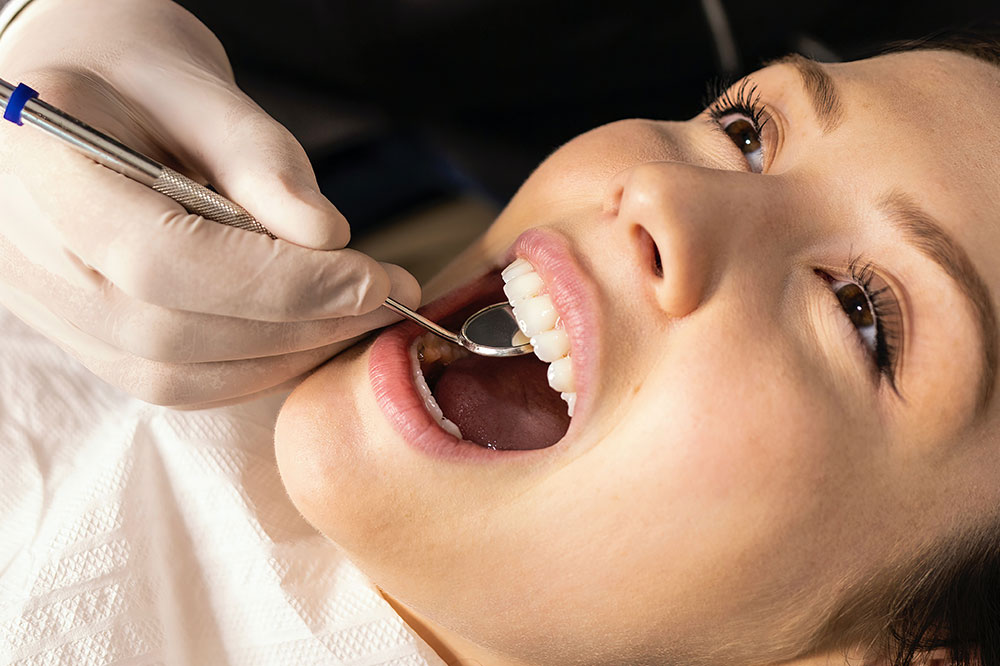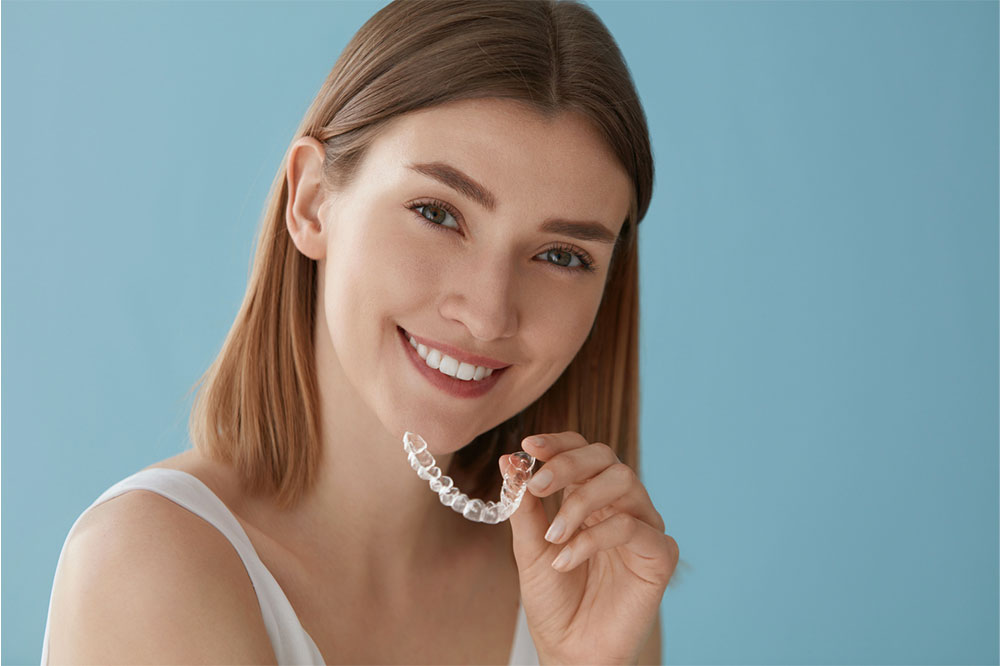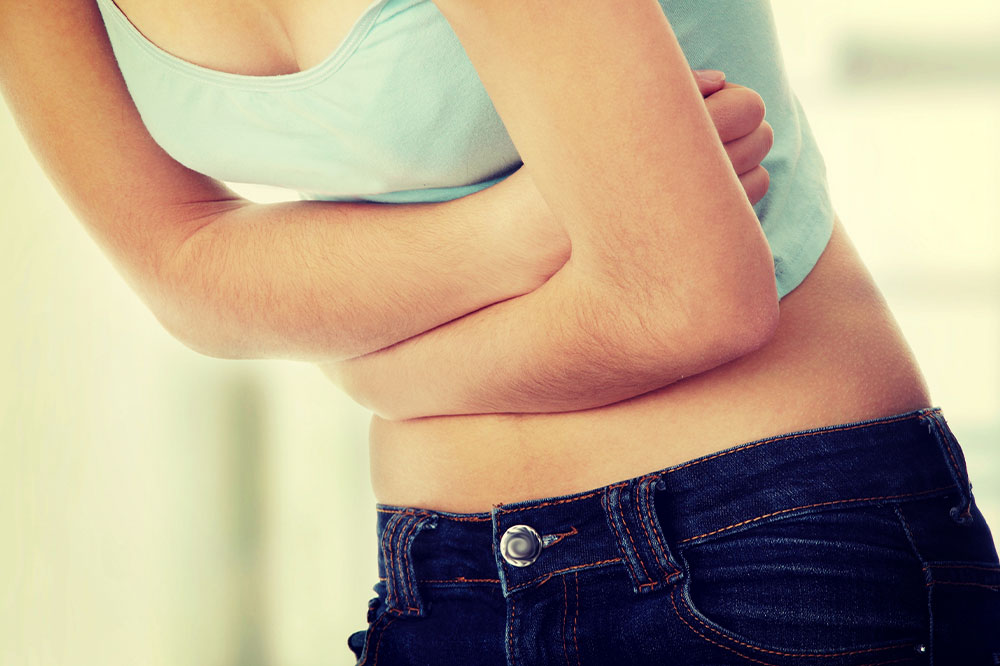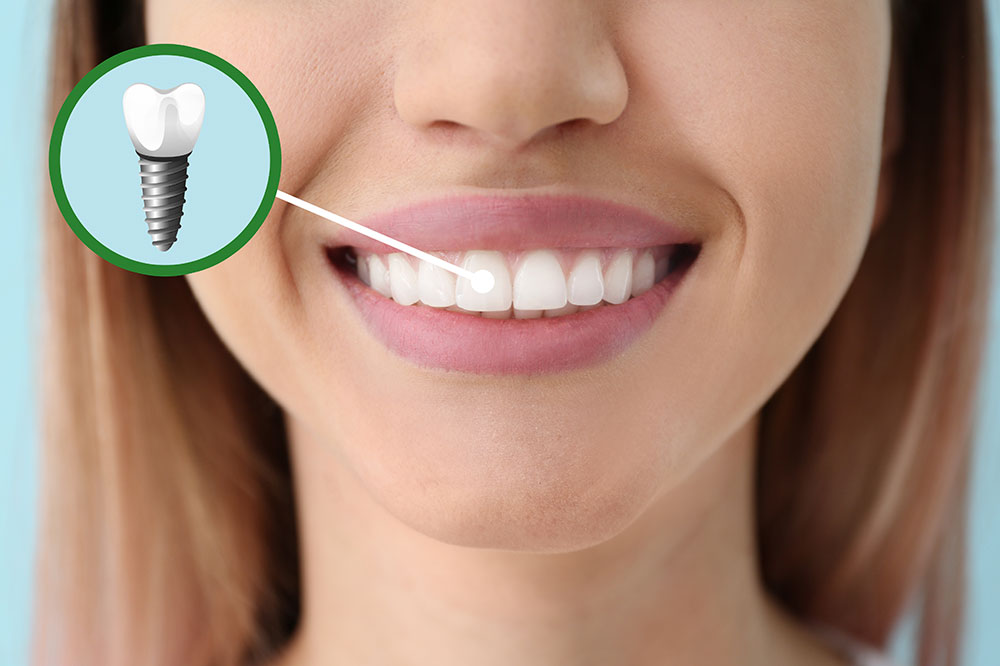8 Habits That Can Damage Teeth

Basic hygiene practices, like brushing and flossing the teeth, can help one keep their teeth white and healthy. On the other hand, a few bad habits can hamper oral health, increasing the risk of developing diseases and damaged teeth. Common unhealthy habits, like biting nails and having sugary foods, can affect oral health and weaken the teeth over time. So, here are a few bad habits to avoid for maintaining healthy teeth:
Brushing too hard
Brushing teeth is vital for maintaining oral health. But, if one brushes their teeth too hard, it can weaken teeth. Aggressive brushing can make the tooth enamel wear off, leaving the teeth susceptible to sensitivity, damage, and decay. Further, this habit can lead to irritation and receding of the gums, exposing the roots. So, to maintain optimal oral health, one must choose a soft-bristled brush with an American Dental Association seal. One should also gently massage the teeth instead of scrubbing them vigorously to avoid abrasion.
Biting nails
One of the most common bad habits is biting nails. Doctors warn against this habit, as it allows germs and bacteria to enter the mouth and increase the risk of infections. But biting nails can also lead to immense damage in the form of chipping and breaking teeth. Additionally, over time, this habit can lead to jaw dysfunction due to excessive pressure on the jaw, and the teeth may begin to move out of place. This increases the risk of developing health complications like temporomandibular joint disorders.
Sucking on the thumb or fingers
This habit is often picked up by kids. While it can seem harmless at first, continuing to suck on the thumb or other fingers beyond the age of five can result in misalignment of the teeth. Then, as the child grows up, this misalignment can lead to serious dental complications and oral health issues. A simple solution to the problem is to ensure that the child’s hands are busy playing or carrying out other tasks so they do not resort to sucking their thumbs frequently. If this does not work, one must consult a pediatric dentist or a pediatrician to find solutions.
Chewing on pens or pencils
When working or concentrating on something, one can develop the habit of chewing on pens or pencils without realizing it. However, chewing on random objects can contribute to oral health and dental issues. It leads to increased pressure on the teeth, which can make way for problems like shifting, cracking, and chipping. In addition to the above, chewing on pens and pencils can irritate the tissue inside the teeth, causing pain and sensitivity. So, to avoid involuntarily picking up a pen or pencil, one can chew sugarless gum, which is softer and may not exert a lot of pressure on the teeth and jaw.
Chewing on ice
After finishing a refreshing beverage, many may enjoy chewing on the ice left at the bottom of the glass. This habit can act as a catalyst for tooth damage. Every time one chews on ice, they are at risk of developing cracks and chips in their teeth. Typically, such damage can be quite painful and require the immediate attention of a board-certified dentist. So, one should try cooling their beverage without using ice by placing it in the refrigerator a while before they plan on drinking it. Alternatively, one can try drinking beverages through straws to prevent ice cubes coming in contact with teeth.
Eating a lot of sugary foods
When one has too many sugary snacks in between meals, it increases their chances of developing cavities. Moreover, when such food gets stuck in the mouth for long periods, it encourages decay-inducing bacteria to feast on the food reside. So, to avoid tooth decay, one must opt for balanced, nutrient-rich meals low in sugar that can help them feel full for a longer period. If one chooses to have sugar-rich snacks between meals, they must floss their teeth and drink enough water soon after eating them. This can help keep harmful bacteria at bay.
Using the teeth to open packages
Teeth are designed to break down food into manageable chunks to ease digestion. If one uses them as tools to open packages, it can lead to injuries and permanent damage to the jaw. Further, if left unchecked, this bad habit can inflict cuts on the gums and lead to further complications. So, one should use the right tools to open packages and avoid using teeth for the purpose. For instance, one should use scissors to pry open boxes and bottle openers to get the lid off bottles. In any case, using hands and the right tools instead of teeth is the safer way open packages and containers.
Not scheduling regular dentist appointments
While adopting the above-mentioned bad habits can have lasting effects on oral health, missing dentist appointments can also increase the risk of health issues. One should get a complete dental checkup twice a year to keep oral health problems at bay and prevent potential issues. However, if one notices any symptoms, like pain while chewing, persistent bad breath, or increased sensitivity, one must consult a dentist at the earliest. Further, one must also understand the difference between routine dental checkups and seeking dental treatments. Typically, checkups are routine visits that can entail examinations and cleaning. On the other hand, treatments are special visits to the dentist to manage particular dental issues such as root canals, tooth extractions, deep teeth cleanings, and fillings. These are mostly scheduled as per the patient’s needs, health issues, and comfort.
In addition to avoiding unhealthy habits, one must also steer clear of harmful practices like clenching and grinding teeth, excessive intake of soda, and using toothpicks too often.






